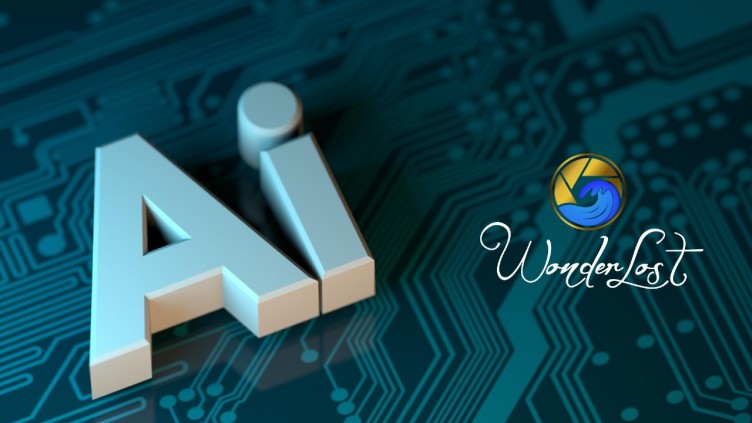Introduction
Artificial Intelligence (AI) has emerged as a revolutionary force, transforming industries across the globe. One of the areas where AI’s impact is most profound is the modern workspace. As businesses strive for increased efficiency, productivity, and innovation, integrating AI technologies into the workplace has become an essential strategy. This blog explores the role of AI in the workspace and its transformative potential on productivity, employee experience, and the future of work.
Enhancing Productivity and Efficiency
AI-powered tools and applications have proven to be game-changers in improving productivity and efficiency in various workplace processes. Automation, for example, enables repetitive and time-consuming tasks to be handled swiftly and accurately, freeing up employees to focus on higher-value work. AI-powered algorithms can analyze large datasets, helping businesses make data-driven decisions at a faster pace.
Collaboration tools integrated with AI capabilities facilitate seamless communication and information sharing among employees and teams, regardless of geographical location. This not only streamlines project management but also fosters cross-functional collaboration and innovation.
Personalized Employee Experience
AI is revolutionizing the way employers engage with their employees, offering a more personalized and tailored experience. AI-driven human resources systems can analyze individual preferences, work patterns, and learning behaviors to recommend training opportunities and career development paths that match each employee’s needs.
Moreover, AI-powered chatbots provide instant and accurate answers to employee queries related to HR, benefits, policies, and procedures, improving overall employee satisfaction and reducing administrative burden.
Data-Driven Decision Making
AI’s ability to process vast amounts of data and derive valuable insights is invaluable in aiding business leaders to make informed decisions. From predicting market trends and customer behavior to optimizing supply chain operations, AI enables data-driven decision-making at unprecedented levels of accuracy.
With AI analytics, businesses can identify patterns and trends that might have gone unnoticed otherwise, enabling them to optimize processes, allocate resources effectively, and stay ahead of their competitors.
Safer and Healthier Work Environment
AI has also made a significant impact on workplace safety and employee health. AI-powered sensors and monitoring systems can track and analyze workplace conditions in real-time, alerting managers to potential hazards and ensuring compliance with safety regulations.
Additionally, AI-driven wellness applications can provide personalized health and wellness recommendations to employees, promoting a healthier lifestyle and reducing absenteeism due to health-related issues.
Upskilling and Reskilling Opportunities
AI’s integration into the workplace has led to the need for upskilling and reskilling the workforce. As automation takes over routine tasks, employees must adapt to more complex roles that involve managing and collaborating with AI-powered systems.
Organizations are investing in employee training programs that focus on developing skills in areas such as data analysis, AI programming, and emotional intelligence. By empowering employees with the necessary skills, businesses can foster a culture of continuous learning and adaptation to technological advancements.
The Future of Work: Collaboration between Humans and AI
The rise of AI in the workplace has sparked concerns about job displacement and the future of work. However, the reality is that AI is more likely to augment human capabilities rather than replace them entirely.
As AI handles repetitive and mundane tasks, employees can focus on tasks that require creativity, critical thinking, empathy, and emotional intelligence. This collaboration between humans and AI can lead to a more productive and fulfilling work environment.
Conclusion
AI in the workspace is reshaping the way we work, communicate, and interact with technology. By leveraging AI-powered tools, businesses can improve productivity, optimize decision-making, and enhance employee experience. As AI continues to evolve, it will become even more intertwined with the workplace, creating new opportunities and challenges for organizations and employees alike.
Embracing AI responsibly and investing in employee upskilling will be key to unlocking the full potential of AI in the workplace. Ultimately, the successful integration of AI will rely on striking a delicate balance between technological innovation and the human touch, ensuring a future of work that is both efficient and human-centric.


